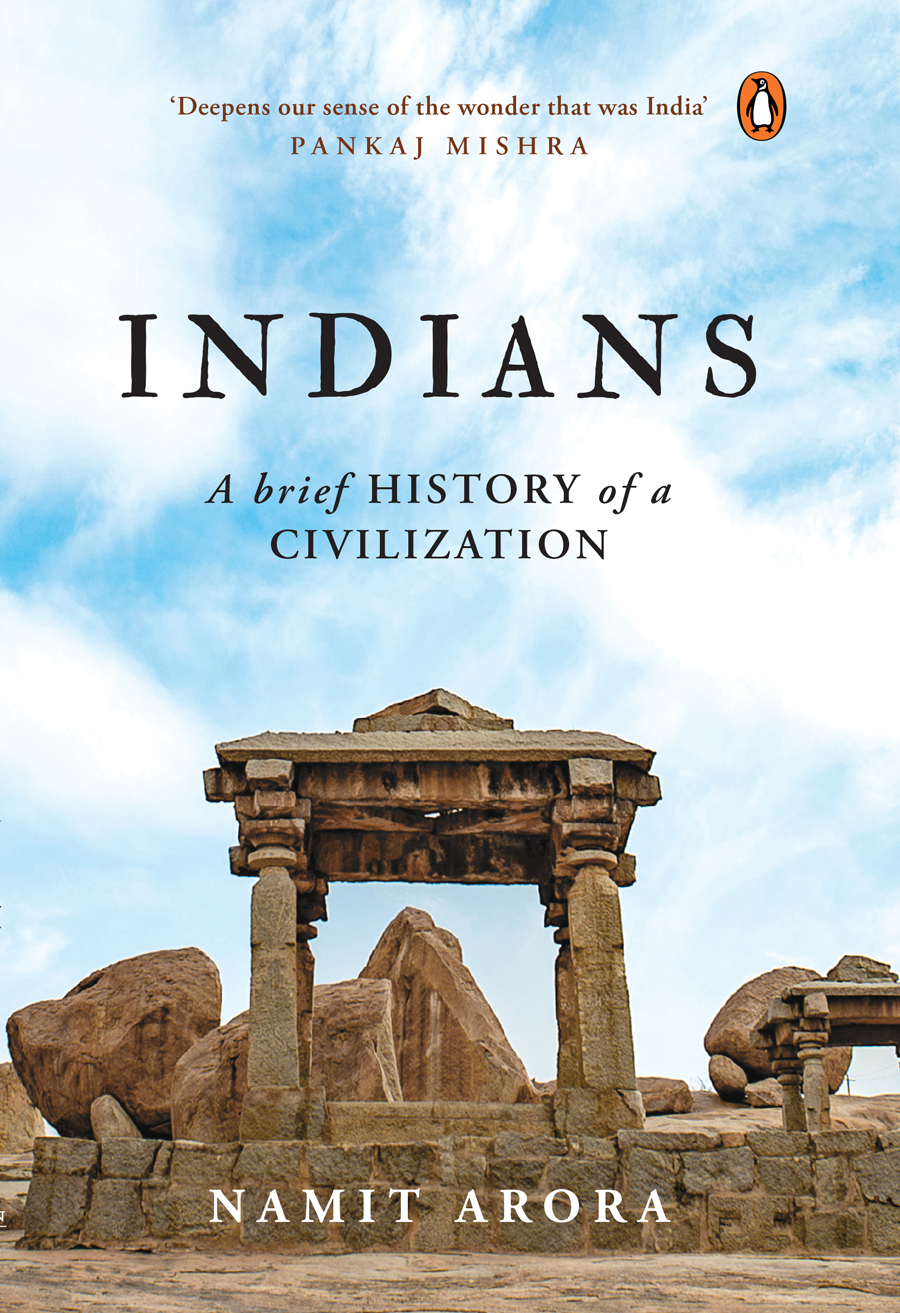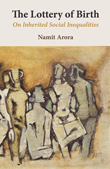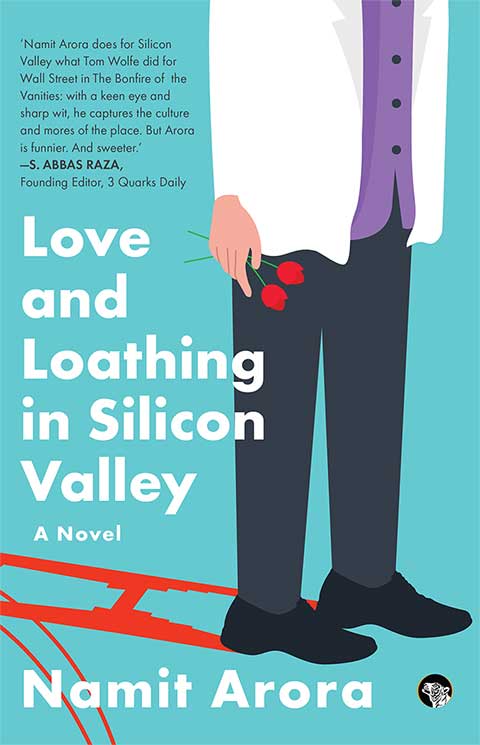Auroville, Tamil Nadu, India
An immensely audacious and, to some, a naively idealistic experiment, Auroville is a township founded in 1968 by the Mother, a French collaborator of Sri Aurobindo Ghose and a great believer in his teachings. She dreamed of a place where "all the fighting instincts of man would be used exclusively to conquer the causes of his sufferings and miseries, to surmount his weaknesses and ignorance, to triumph over his limitations and incapacities ... where the needs of the spirit and the concern for progress would take precedence over the satisfaction of desires and passions." Auroville aspires to be such a place, "a universal town where men and women of all countries are able to live in peace and harmony, above all creeds, all politics, and nationalities. The purpose of Auroville is to realize human unity." Today it is home to 1800 people (600 Indians) from 35 countries in over 100 settlements.
At the city's heart is a place for silent meditation, the Matrimandir ("Temple of the Mother"), which the Mother deemed the "soul" of Auroville. The plan calls for setting up four zones—Cultural, International, Industrial, Residential—radiating out from the Matrimandir, with a wide "Green Belt" around the city. For various reasons (including shortage of funds to acquire the requisite land, despite help from private donors, NGOs, and GOs), the realization of these goals has been slower than expected.
For members, Auroville is not a retreat but their primary home, where they and their families live, work, and play. Day-trippers are restricted to the visitor center and a walkway to the Matrimandir. Prospective members and other multi-day visitors can stay in one of the many guesthouses and sample the life of the community. Membership is by invitation from the Auroville Entry Group. New regulation requires that members pay for themselves for the first two years, effectively shutting out those with limited means (the Indian membership has reportedly stagnated since this regulation).
Auroville is run by various working groups. Major community decisions are taken collectively by the Residents Assembly, rarely without animated debate. Authority and bureaucracy are despised. Assets are held by The Auroville Foundation—no one owns real-estate (though members are expected to finance the initial construction of the homes they live in, and if one leaves or dies without Aurovillian heirs, the home is reassigned to others); every member gets a minimum income; food, education, healthcare, entertainment, sports, etc. are free. A long-term goal (bucking a salient historical trend many associate with human progress) is to completely eliminate the use of money within its borders, though few members now consider this a possibility.
Many ideals at Auroville derive from Sri Aurobindo's vision, whose ashram at Pondicherry is now an international study centre. The purpose of man, he claimed, is to transcend his lowly form of consciousness. Yoga is a technique not for personal liberation but for cooperating with the cosmic evolutionary urge destined to take mankind to a higher, supramental stage of consciousness. This betrays a muddled view of natural evolution. He also brandishes the word "divine" all too often. Even the Auroville charter requires members to be "willing servitors of the divine consciousness." Too bad if aspiring members not only fail to see a "divine consciousness" around them, but see no need for it to live a moral life. Further, Aurobindo's spiritual vision not only carries streaks of Hindu chauvinism, it betrays no hunger for liberal-democratic ideals. That said, what's dubious in his vision is either selectively ignored or ill-understood by most Aurovillians (esp. foreigners), and only a cynical observer would dismiss the laudable quest for self-knowledge, personal growth, and an egalitarian and nurturing community that inspires most individuals who join Auroville.
Aurovillians research and practice environmental
regeneration, organic farming, recycling, renewable energy, building technology,
handicrafts, and various small scale industries (offset printing, graphic
design, food processing, electronics, garment manufacture, etc.), all with an
overarching
desire to live lightly on earth. Though their research is rarely at the cutting edge
in any given field, Auroville is perhaps unique in running so many projects in
parallel and exploring their synergies. Strong emphasis is placed on artistic
pursuits. Their greatest achievement perhaps lies in the rewilding of Auroville—once 4000 acres of totally barren land—into a beautiful forest. Aurovillians also assist neighboring Tamil villages with
infrastructure development, healthcare, and education; their emergency relief
work after
the Dec 2004 tsunami was exemplary. To an outsider, the idea of Auroville
may evoke elements of the Jewish Kibbutz, the American Peace Corps, and an ecumenical Indian ashram, all
rolled into one. —Jan, 2006
Auroville Visitor Center |
The "Soul of the City" |
||
Boutiques, Visitor Center |
Solar Kitchen |
Friendly dogs |
Solar Kitchen, |
A Solar Kitchen resident |
A meditation center |
Path along a garden |
A road inside Auroville |
A banyan tree |
Residential building |
A garden |
Fork in the road |
Rock Garden |
Well Cafe |
A Mediterranean meal |
Rock Garden |
Visitor under a banyan tree |
Residential apartments |
Mongoose crossing the |
|
A walking path |
A walking path |
A walking path |
A walking path |
A dirt road near "Certitude" |
A local enterprise |
"Pre creche" |
A walking path |
Needam guest house |
We stayed upstairs |
View from our balcony |
View from our balcony |
A local residence |
A community pool |
A pavilion |
Sharnga guest house (more) |
Sharnga guest house |
Interesting architecture |
Residential apartments |
A walking path |
A walking path |
City government building |
A millipede |
Visitor under a banyan tree |
What "Divine" means here |
Solar panels |
Praying Mantis (more) |
A road west of Auroville |
The photos above are from Feb 2015, below from Jan 2006 |
|||
Auroville visitor center |
Path to Matrimandir (more) |
Matrimandir (more) |
Solar panels |
Landscape (more) |
Landscape |
Banyan tree (more) |
Beach near Auroville (more) |
Designed in collaboration with Vitalect, Inc. All rights reserved. |




































































